Lecturers
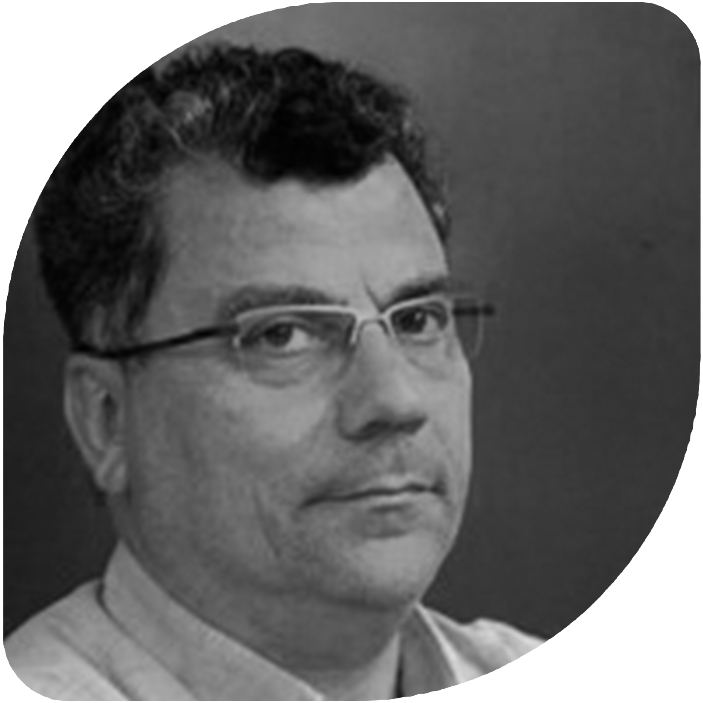
Lecturer 2
Born in 1957. Graduate in Architecture from the ETSAB in 1984 and master's degree in town planning management from the UPC in 1988. Co-ordinator of the Open Spaces Area of the Diputació de Barcelona. He was manager of the Institute of Town Planning and Local Activities. From the year 2000 he is co-ordinator of the Area d'Espais Naturals de la Diputació de Barcelona.
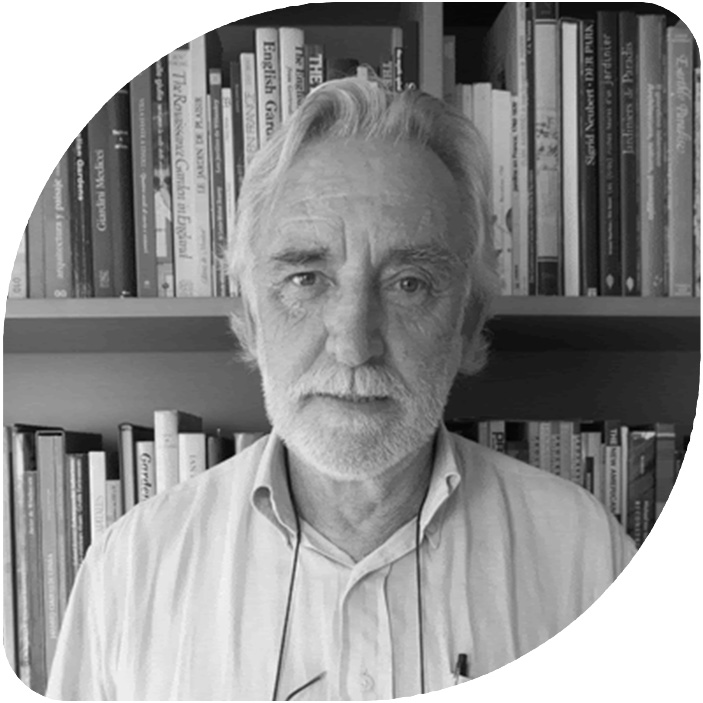
Lecturer 2
Born in Barcelona, 1951. He is an agricultural engineer and lecturer of Gardening and Landscape Architecture at the ETSAB, graduate in Geography and History from Barcelona University, lecturer on the master's course in Landscape Architecture, ETSAB, and lecturer at the Eina art school. ln 1992, he founded Factors de Paisatge with Xavier Pablo. He develops landscape projects and collaborates with architecture practices.
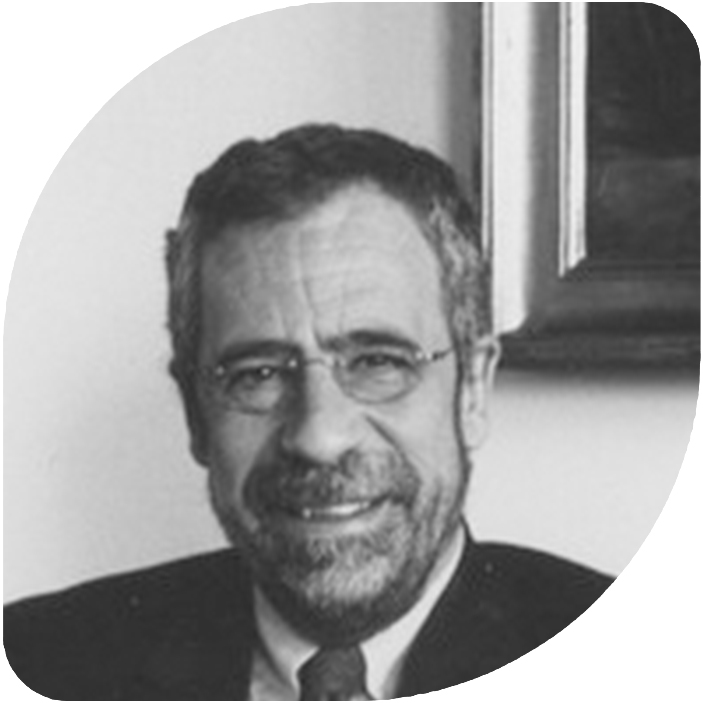
Lecturer 1 and 2
Born in Barcelona, 1950. Architect and director of the ETSAB. Main works: Olympic Area of Vall d'Hebron, Barcelona; the surroundings of the Alhambra, Granada; planning of the Universitat Autònoma de Barcelona; Cordoba Zoological Park; La Bastida Centre, Santa Coloma de Gramenet; Costa Azahar Airport, Castellón. FAD Award (1992), City of Barcelona Award (1985 and 1990) and Ville de Paris Medal (1994).
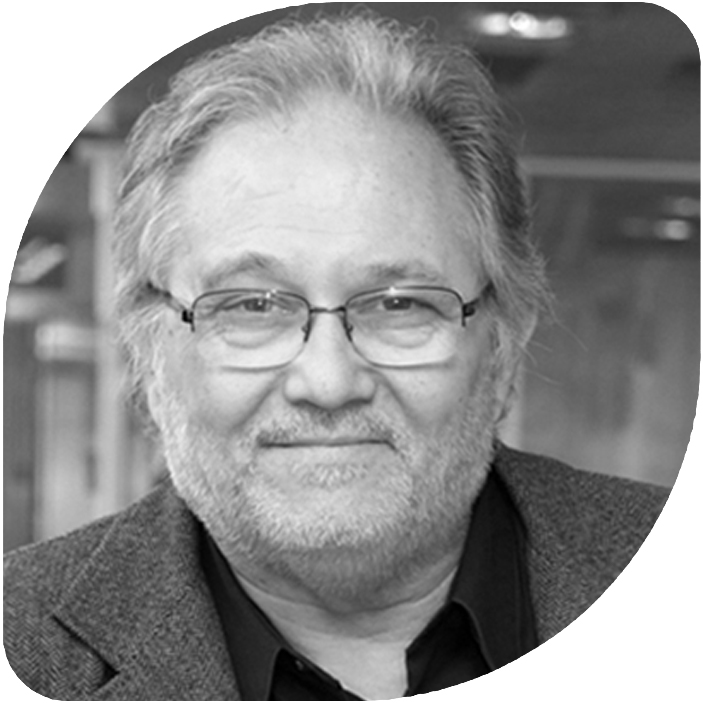
Lecturer 1 and 2
Born in Huesca, 1950. He is an architect and has been a lecturer at the ETSAB since 1975. He has been director of Urban Projects at Barcelona City Council (1981-1987), technical director of the Municipal Institute of Urban Development (1988-7993) and director of Barcelona Regional (1994-1999). Since 1999 he has been Head Architect of Barcelona City Council. He has been awarded the Barcelona 92 Honour Medal and the Gold Medal of the Royal Institute of British Architects.
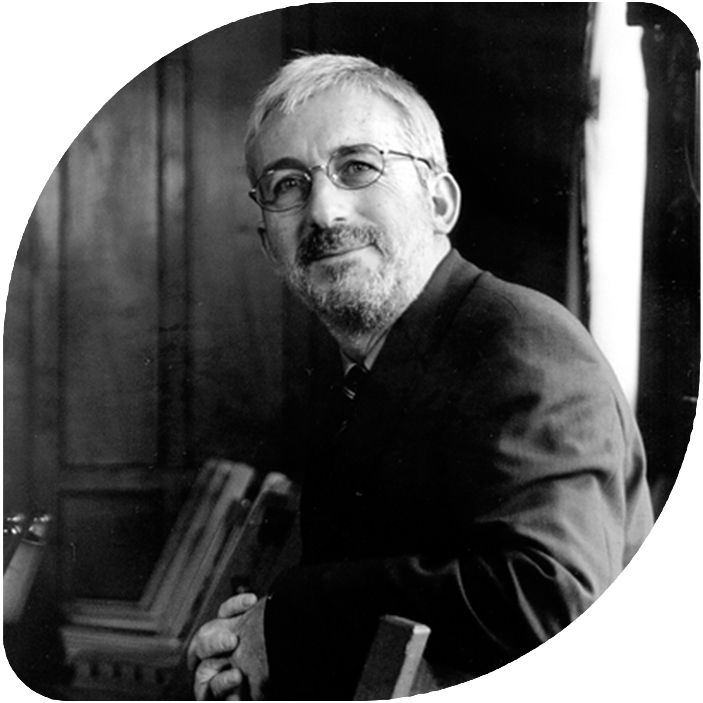
Lecturer 2
Architect and professor of Projects at the Madrid School of Architecture. He directs the magazines Arquitectura Viva and AV Monografias, and the architecture section of the newspaper El Pais. Full member of the Real Academia de Doctores, Cullinan Professor at Rice University, guest lecturer at the Los Angeles Getty Centre, Harvard, Princeton and the Berlage Institute. He has been on the jury of several national and international competitions.
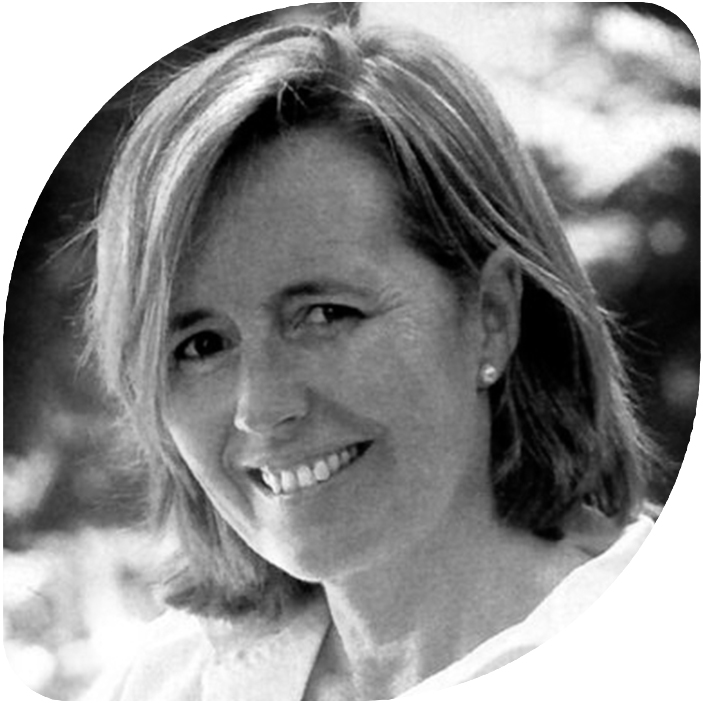
Lecturer 1 and 2
Barcelona (1957-2010). She studied Landscape Architecture at Berkeley, Georgetown and Edinburgh. She founded the practice Arquitectura del Paisatge in 1983, the same year she was appointed lecturer on the master's degree course in Landscape Architecture at the UPC. Main works: Square in Girona; gardens of L'Illa Diagonal, Barcelona; landscaping of the Plaça de les Glòries, Barcelona; Parque Sar, Santiago de Compostela.
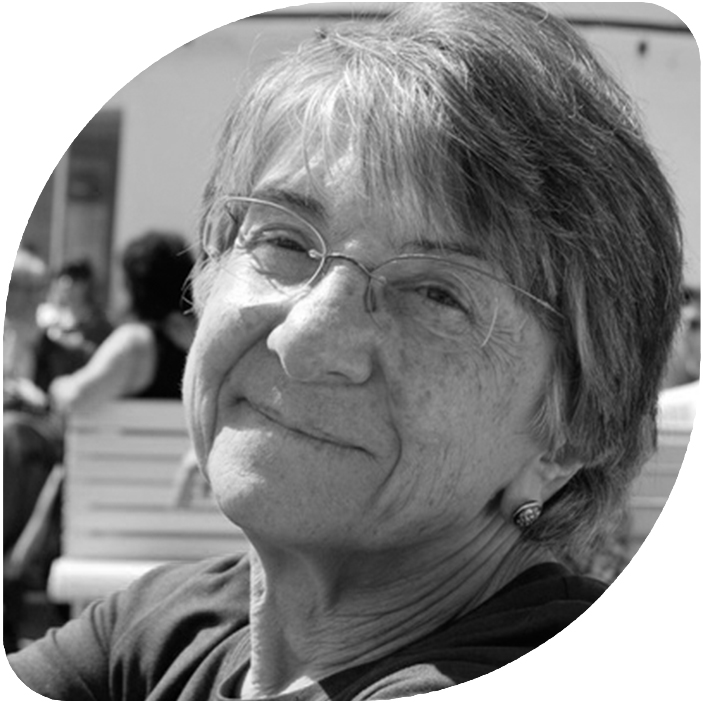
Lecturer 2
Graduate from the University of Lausanne and doctor from the University of Paris VIII; journalist, director of cultural projects in Lausanne. Among her works, the project Lausanne Jardins in 1997 and 2000. Her published works include Odeurs de jardins, Zurich, Edition M, 1988; Lausanne côté jardins (with Luc Chessex), Editions Payot Lausanne, 1997; A la recherche de la cité idéale, Lausanne, Editions 24 Heures et Arc et Senans, Institut Claude-Nicolas Ledoux, 2000.
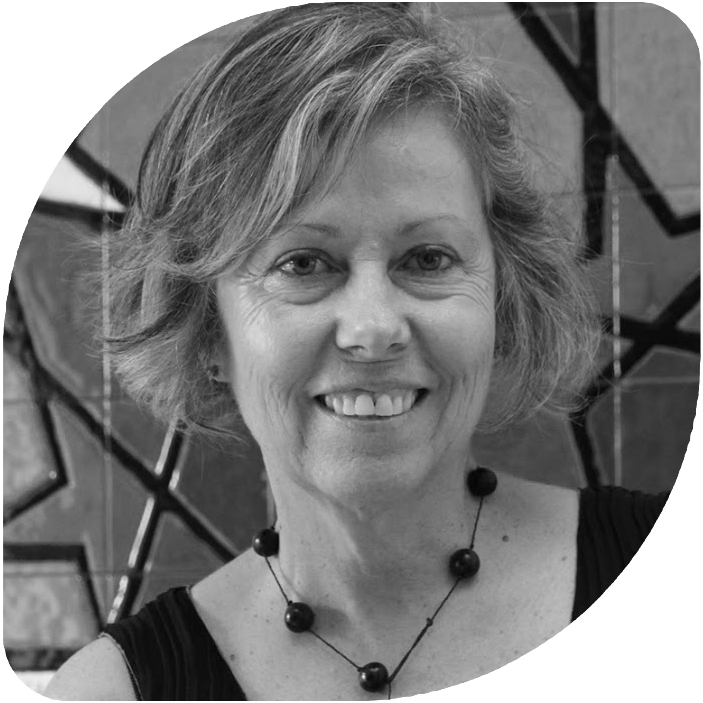
Lecturer 2
Doctor of Architecture. She is lecturer and assistant director of Research and Culture at the Las Palmas School of Architecture. She is director of the postgraduate course in Landscape Architecture. She works in collaboration with the architects Vicente Mirallave Izquierdo and Angel Casas Suárez. She has written the book Viaje a través del patio and several articles in books and magazines. She won first prize in the competition for the urban furniture of Las Palmas de Gran Canaria in 1998.
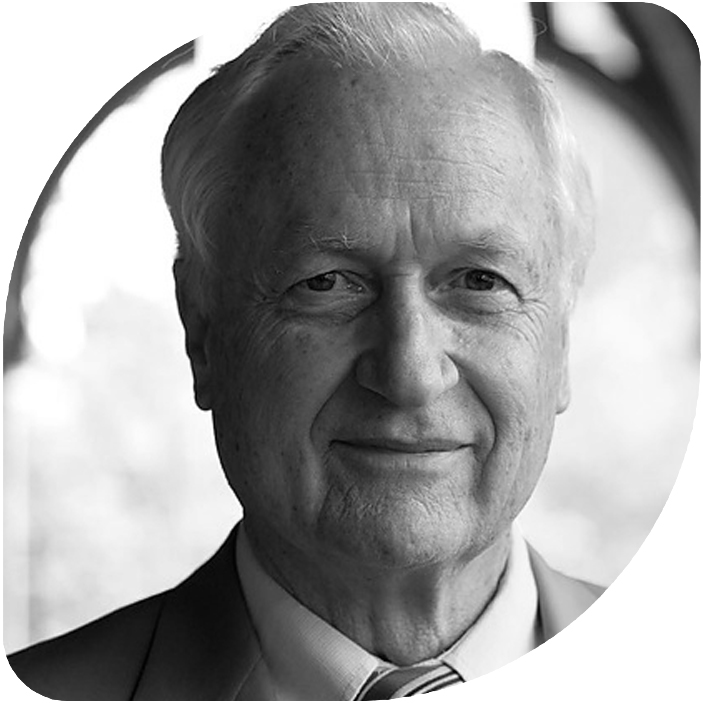
Lecturer 2
Lecturer of Landscape Architecture at the Graduate School of Design and Harvard College, Harvard University. He took his degree at Haverford College, and gained his doctorate from Pennsylvania University; Honorary Doctor of Arts of Miami University. He has been awarded prizes by several international bodies, and written numerous articles and books, including Landscape Ecology (1986) and Land Mosaics (1995).
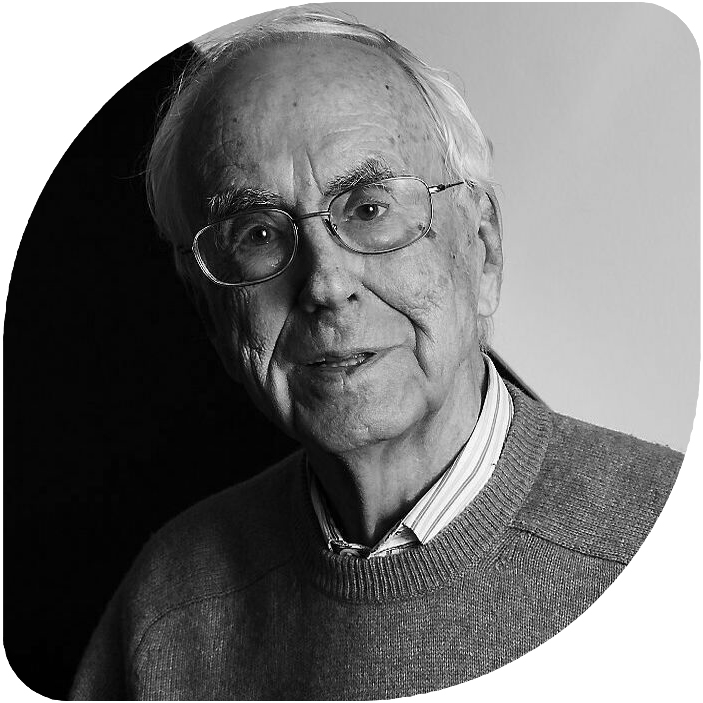
Lecturer 2
Born in Barcelona. 1927. He graduated in Law in 1949, in the same year receiving the Guimerà Prize for an article. He currently writes in El Periódico, and between 1976 and 1999 contributed a daily column to the newspaper Avui. His work has been awarded the Joanot Martorell and the Sant Jordi Prizes His works include El nen de la plaça Ballot. Inventari de jubilacions, Viatge per els grans magatzems, L'ecologisme ès un egoisme, A peu per Castella i terres de Sòria and El teu nom és Olga.








